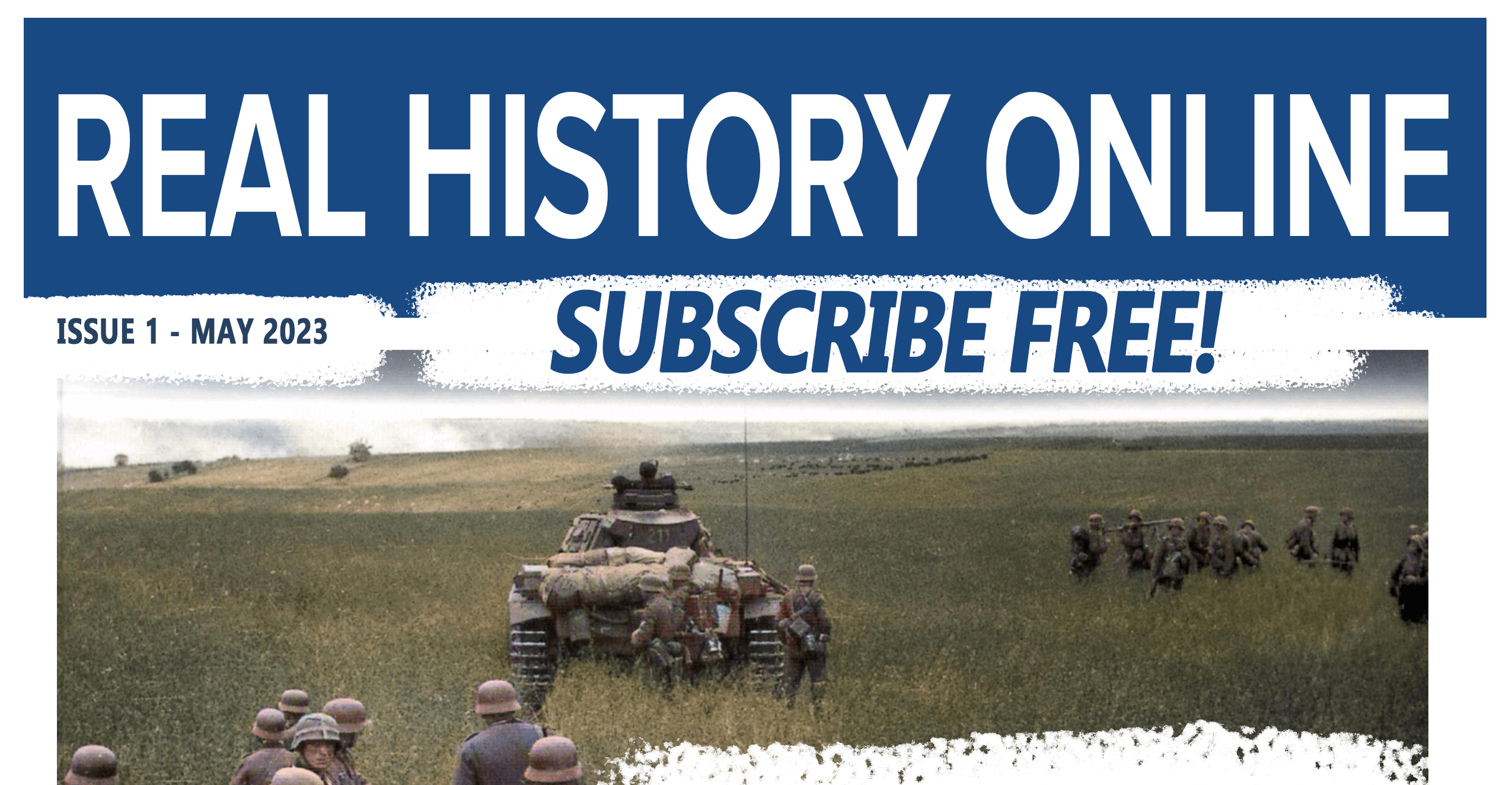Audie L Murphy – Background

Audie Murphy; – American military and film actor, World War II, American soldier most honored for personal courage. For his actions during the war, he was awarded many US military awards, including the highest award for military valor – the Medal of Honor, as well as foreign orders, including the French Legion of Honor. After the war, he began his career as a film actor and over two decades starred in 44 films, mainly in westerns, and also starred in the role of himself in the film “To Hell and Back”, based on the autobiographical book of the same name.
Family and early years
Audie Murphy was born into a poor family in Texas, the sixth of twelve siblings. In 1939, when his father left the family, Audie was forced to leave school, completing only five grades to help his mother. He worked as a cotton picker for a dollar a day and hunted for food. Thanks to hunting, he learned to shoot accurately.
The Second World War

After the United States entered the war, he, attributing a year to himself, tried to enlist in the Marines, but did not pass due to his too small stature – 165 cm, and was able to enlist in the US Army only on June 18, 1942, on the eve of his legal adulthood. After completing a training course for recruits in early 1943, he was sent with an infantry regiment to Casablanca.
For the first time took part in hostilities in June, during the Sicilian operation, in September his regiment landed in Italy on the coast near the city of Salerno. For his bravery in battle with a German patrol, Murphy was promoted to the rank of sergeant. During the battles in Italy, he distinguished himself and was awarded several more times, ended the campaign with the rank of staff sergeant.
In August 1944, Murphy’s regiment took part in the Allied landings in southern France. In one of the first battles in France, he captured an enemy machine-gun nest and with the help of a captured machine gun destroyed several German firing points, this feat was awarded the Distinguished Service Cross, the second most important military award of the US Army.
Over the next two weeks, he was twice awarded the Silver Star medal for bravery, and on October 14, 1944, he was promoted to officer, receiving the rank of second lieutenant and the position of platoon commander. Twelve days later, he received a bullet wound in the thigh and was sent from the front line to the hospital. The advancing American forces suffered heavy casualties and advancement through the ranks was rapid; not fully recovering from his injury, he returned to his unit. On January 25, 1945, he was appointed company commander and on the same day he was wounded again, this time by shrapnel from an artillery shell, but remained in the ranks.
The next day, his company was entrusted with the capture of the town of Holzwyr. In the course of the fierce battle, the company suffered heavy losses, and only 19 out of 128 remained in the ranks. Murphy ordered the remaining soldiers to retreat to the nearest forest, while he remained at the company command post, firing back from a carbine and adjusting artillery fire over the phone. When he ran out of ammunition, he moved with a field telephone to a nearby damaged and burning self-propelled gun M10 and continued to shoot from the M2 machine gun mounted on the turret…. He was slightly wounded again, in the leg, but left the position only when a splinter of a German shell interrupted the telephone line. After that, he gathered the remnants of the company, organized a counterattack and managed to knock the Germans out of the city. During the battle, Murphy personally killed or wounded about 50 enemy soldiers. For his heroism, he was awarded the highest US military award – the Medal of Honor. After being awarded, he was recalled from the front line and continued to serve in representative positions in the rear.
Film career

In 1945, the famous actor James Cagney, seeing a photo of Murphy on the cover of Life magazine, advised him to try his hand at cinema, and in September Murphy moved to Hollywood. Despite his military fame, the career of Murphy, who did not have any acting education and experience, began hard, in the first three years he managed to get only a couple of cameo roles, and he barely managed to make ends meet. He got his first leading role only in 1948, in the film “Bad Guy” . Murphy’s game received positive reviews from critics, and he was able to sign a seven-year contract with Universal Studios. In the first film made for Universal – a western “The Texas kid”, He starred Billy Kida. The film proved to be successful at the box office, and in the future he starred mainly in films of this genre.
In 1949 his autobiography ” To Hell and Back ” was published, the literary processor was his friend, professional writer David McClure. The book became a bestseller and was filmed in 1955, in the film of the same name Murphy played himself in the title role. As well as the book, the film turned out to be very successful and this gave Murphy the opportunity to act alongside Hollywood stars, and go beyond Westerns, to get several dramatic and comedic roles. He has starred in films such as The Quiet American and The Unforgiven and a number of others.
The sixties were much less successful, he continued to act, but most of his roles were in second-rate westerns. The only film in a different genre was the Israeli film “Operation Cairo” ,which Murphy himself called “the worst parody of Bond.”
In addition to his film career, Murphy composed country music, 17 songs of his composition were published, most of them co-written with Scott Turner.
Personal life
From February 1949 to April 1950, Murphy was married to actress Wanda Hendrix.
Death
Audie Murphy was killed in a plane crash on May 28, 1971, when a private jet he was flying as a passenger crashed in zero visibility into a mountain near Roanoke, Virginia. Buried with military honors at Arlington Cemetery.
Memory
Audie Murphy is dedicated to the song of the Swedish heavy metal band Sabaton – To Hell and Back from the album ” Heroes “.






